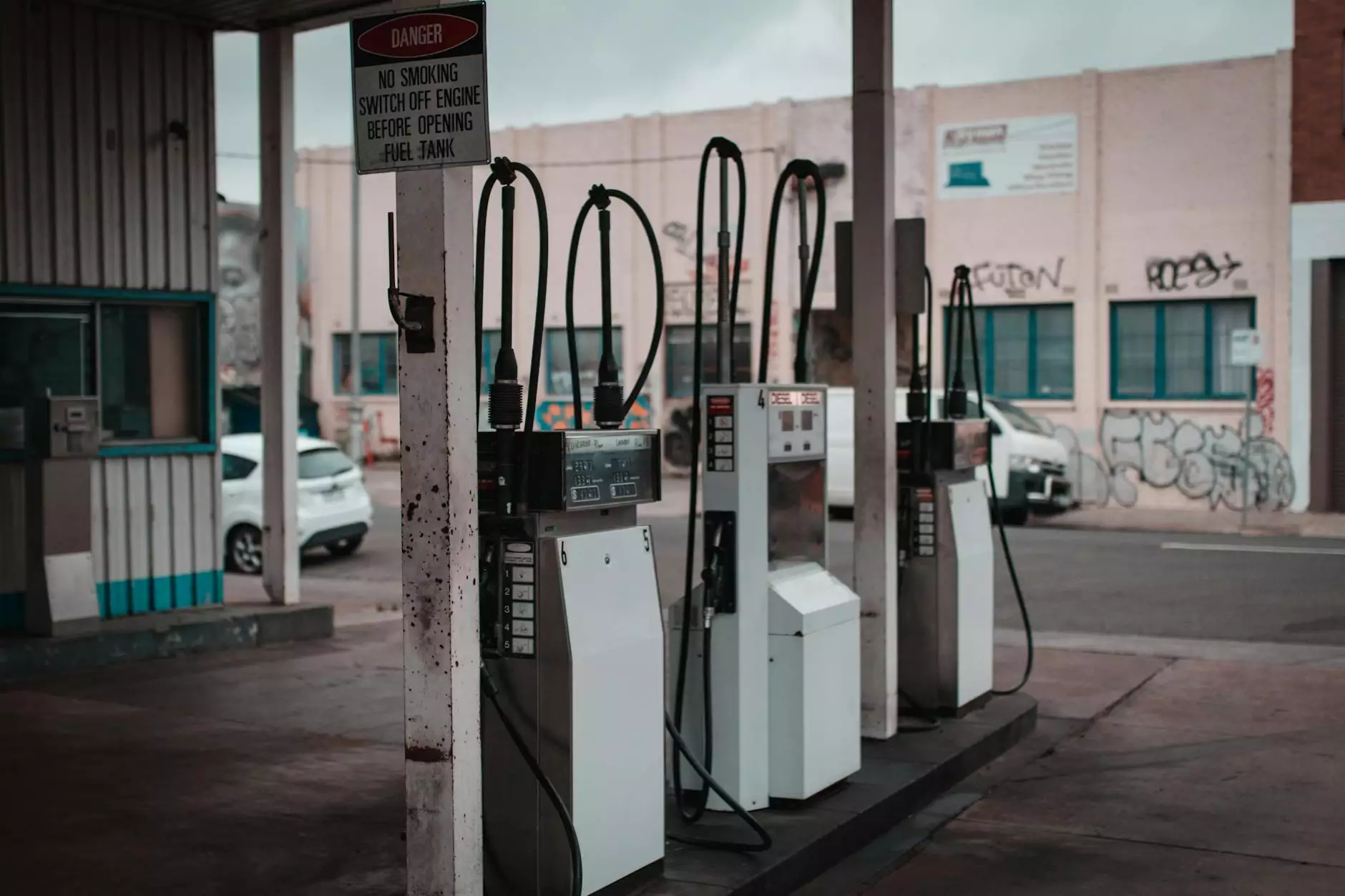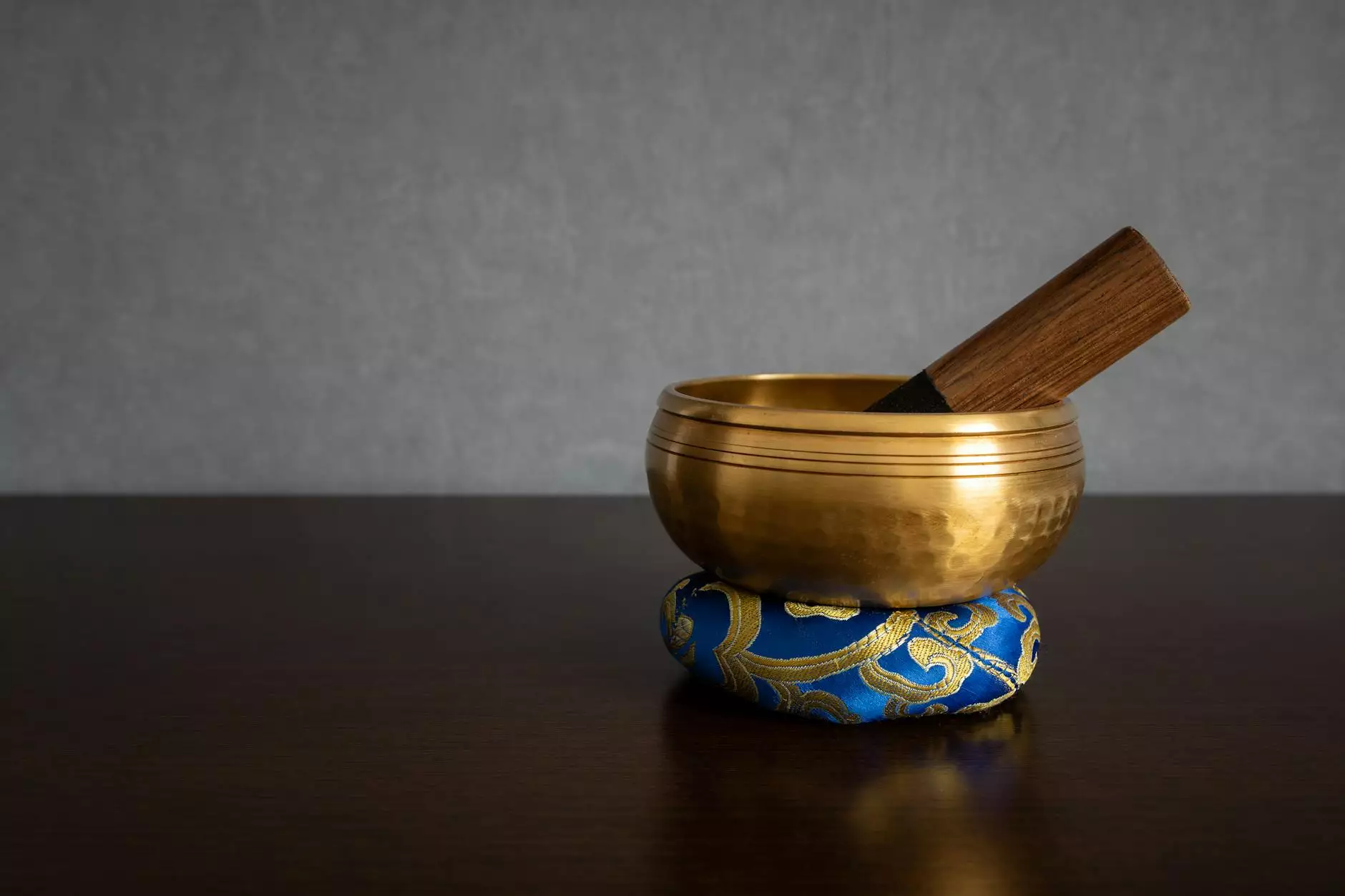Understanding Diesel Engine Water Pumps: The Heart of Your Engine Cooling System

Diesel engine water pumps are vital components of any diesel engine cooling system. They are responsible for circulating coolant through the engine to maintain optimal operating temperatures. Proper functioning of these pumps is crucial for engine performance, longevity, and reliability.
The Importance of Diesel Engine Water Pumps
In the world of diesel engines, water pumps play a key role in ensuring that the engine operates efficiently. These pumps help in:
- Preventing Overheating: By continuously circulating coolant, diesel engine water pumps help dissipate heat, preventing the engine from reaching dangerously high temperatures.
- Enhancing Performance: An efficiently running water pump contributes to better fuel efficiency and overall engine performance.
- Extending Engine Life: Maintaining ideal temperatures with the help of water pumps can prevent excessive wear and tear on engine components, thus prolonging the life of the engine.
How Diesel Engine Water Pumps Work
Diesel engine water pumps operate based on a simple yet effective principle: pulling coolant from the radiator and pushing it through the engine block and back to the radiator. Here’s a more detailed look at the mechanics involved:
- Intake: The pump creates negative pressure, drawing coolant through the intake port from the radiator.
- Pressurization: Once the coolant enters the pump, it is then pressurized by the pump’s impeller, allowing it to flow through the engine and absorb heat.
- Discharge: After circulating through the engine, the heated coolant is returned to the radiator to release its heat and the cycle continues.
Types of Diesel Engine Water Pumps
There are various types of diesel engine water pumps designed to meet the diverse needs of different vehicles and machinery:
- Mechanical Water Pumps: Driven by the engine’s crankshaft, these pumps are common in diesel engines. They offer reliability and simplicity.
- Electric Water Pumps: These pumps are powered by electricity and often used in modern vehicles. They provide better efficiency and can run independently of the engine speed.
- Gear-Driven Water Pumps: As the name suggests, these pumps are driven by gears. They are usually found in high-performance or specialized diesel engines.
Choosing the Right Diesel Engine Water Pump
When selecting a diesel engine water pump, it’s important to consider several key factors to ensure optimal performance:
- Compatibility: Ensure that the pump is compatible with your specific diesel engine model.
- Material Quality: Look for pumps made from durable materials, such as cast iron or reinforced plastic, which can withstand high temperatures and pressures.
- Flow Rate: Choose a pump that meets the flow rate specifications dictated by your engine's cooling system requirements.
Benefits of High-Quality Diesel Engine Water Pumps
Investing in high-quality diesel engine water pumps can yield numerous advantages for your engine:
- Improved Efficiency: High-quality pumps reduce the risk of overheating and help maintain engine temperatures more effectively.
- Lower Maintenance Costs: Reliable pumps mean fewer breakdowns and repairs, translating into savings over time.
- Enhanced Performance: With optimal cooling, your engine can perform at its best, delivering better power and fuel economy.
Maintenance Tips for Diesel Engine Water Pumps
To ensure the longevity and efficiency of your diesel engine water pumps, regular maintenance is essential. Here are some tips:
- Regular Inspections: Check for signs of leakage, corrosion, and wear on the pump and surrounding components.
- Coolant Replacement: Change the coolant as per the manufacturer’s recommendations to prevent sediment build-up.
- Belt Checks: If your pump is belt-driven, inspect the belts for wear and proper tension.
Common Issues with Diesel Engine Water Pumps and Solutions
Knowing common issues with diesel engine water pumps can help you troubleshoot and maintain your system effectively:
- Overheating: This can be caused by coolant leaks, a faulty thermostat, or blockages. Regular checks can help identify these problems early.
- Noisy Operation: Unusual noises can indicate bearing failure. If you hear a grinding noise, inspect the pump and bearings.
- Coolant Leaks: Leaks can often be due to worn gaskets or seals. Promptly replace any damaged components.
Where to Buy Quality Diesel Engine Water Pumps
For top-notch diesel engine water pumps, look no further than specialized suppliers like client-diesel.com. Offerings include:
- OEM Parts: Original Equipment Manufacturer parts that guarantee compatibility and reliability.
- Aftermarket Options: Cost-effective alternatives that can deliver comparable performance.
- Expert Advice: Access to knowledgeable staff who can assist you in selecting the right product for your needs.
Conclusion
In conclusion, understanding and maintaining your diesel engine water pumps is crucial for the health of your engine. Investing in quality pumps and following maintenance best practices ensures that your diesel engine performs optimally and lasts longer. With proper selection, installation, and care, your water pump can prevent overheating, enhance performance, and save you money in the long run. Trust client-diesel.com for all your diesel engine parts and water pump needs.









